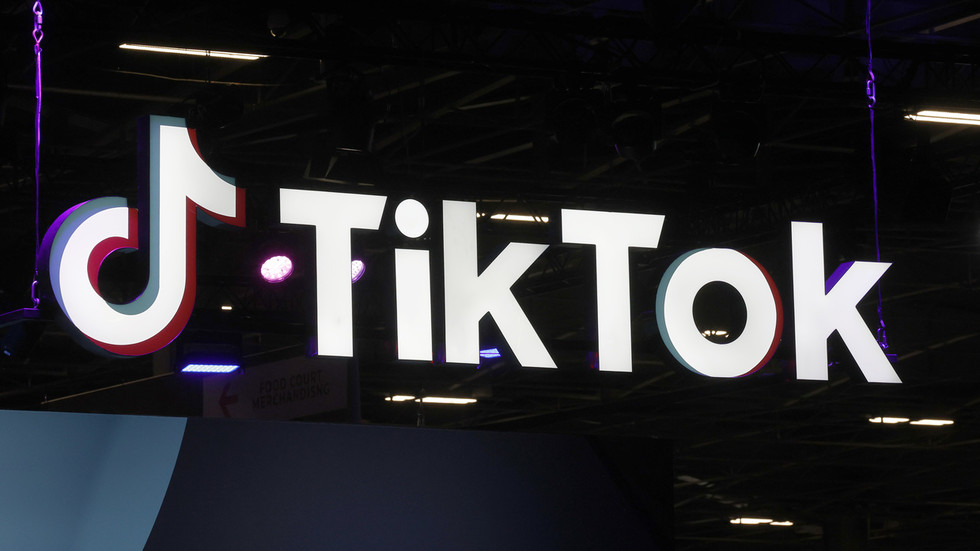Social media platforms with ties to “adversary nations” would be cut off from US-based businesses under the proposed law
A bipartisan group of US lawmakers seeks to ban TikTok and other networks they believe to be a threat to national security. The companies could be barred from having any interaction with American businesses or organizations.
The bill, called the ‘ANTI-SOCIAL CCP Act’, was introduced in the Senate on Tuesday by Marco Rubio, a GOP senator from Florida. A companion House bill was sponsored by Republican Representative for Wisconsin Mike Gallagher and Democratic Representative for Illinois Raja Krishnamoorthi.
The draft law specifically identifies TikTok and its owner, ByteDance, as subject to the proposed ban, but would apply to any major social media network with ties to “adversary nations,” including China, Russia, Iran, North Korea, Cuba, and Venezuela. The threshold for being blacklisted was set at 10% of the voting stock being owned by an entity in one of these countries.
The sponsors justified the banning of “all transactions” by the risk that foreign governments could use the apps to spy on American citizens and manipulate the flow of information they receive.
Twitter's ‘secret blacklists’ exposed
Read more Twitter's ‘secret blacklists’ exposed
“Allowing [TikTok] to continue to operate in the US would be like allowing the USSR to buy up the New York Times, Washington Post, and major broadcast networks during the Cold War,” Gallagher said.
He and Rubio first announced the upcoming bill in a Washington Post article published last month, in which they lashed out at the administration of President Joe Biden for supposedly failing to act against ‘the Chinese threat’.
In 2020, then-President Donald Trump issued an executive order to ByteDance to sell or spin off its US TikTok business. A lengthy court battle and several rounds of bargaining followed. The Biden administration revoked Trump’s threat of sanctions, but kept the pressure on. A deal on how TikTok can operate in the US in a way that Washington deems safe is reportedly in the final stage of negotiations at the moment.
“It is troubling that rather than encouraging the administration to conclude its national security review of TikTok, some members of Congress have decided to push for a politically-motivated ban that will do nothing to advance the national security of the United States,” a TikTok spokesperson said, reacting to the new bill.
READ MORE: Facebook settles lawsuit over tracking users
A full ban on TikTok in the US is a “possible but not most likely scenario,” Bank of America analysts said, as quoted by CNBC last week. US-based competitors such as Meta and Google would stand to benefit most from this, they added.
Ghana is interested in purchasing a floating nuclear power plant from Russia, Ghanaian Ambassador to Russian Koma Steem Jehu-Appiah told Sputnik.
"I know that our minister of energy was here last year and signed a corresponding agreement. I think this is innovative, and in a conversation with the minister of energy, he said that the country is interested.
So, Ghana could purchase such a nuclear power plant," the diplomat said when asked about the possibility of Ghana purchasing a floating nuclear power plant.
Russia and Ghana began cooperation in the field of nuclear energy after signing an intergovernmental agreement in 2015.
The agreement outlined plans for joint work in the areas of training specialists, building nuclear power plants and related infrastructure, and providing maintenance services. In October 2023, representatives of Rosatom met with the Ghanaian Ministry of Energy in Cape Town. At the meeting, Russia proposed using floating nuclear power plants to supply power to ...














